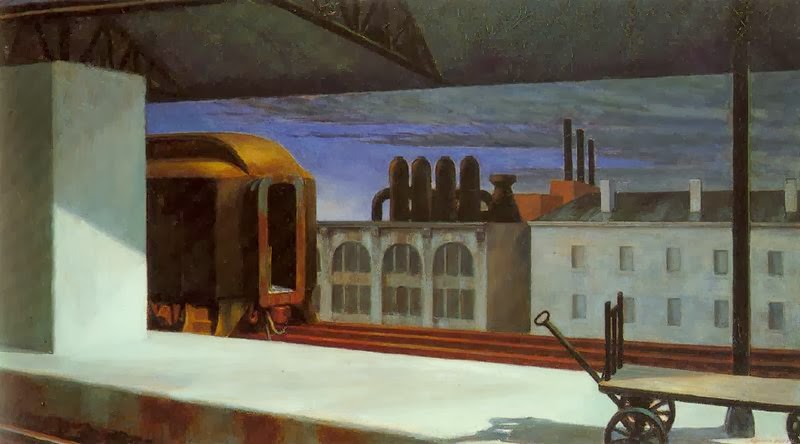The poet, David Lehman, wrote a poem every day for a year and collected some of those poems in his book, The Daily Mirror. In the introduction, he noted how it was 'hit or miss', some poems falling flat and some days were complete misses. I'd read those poems a few years ago and found the concept intriguing.
I'm not a prolific poet, I tend to wait for inspiration; the sudden poetic phrase or line. It doesn't happen often. By that November, I'd written a dozen poems about Jeff, his death, my grief, increasing my poetic batting average and I figured there might be another 30 poems wallowing inside me.
It took a couple of nights to realize I would not be receiving divine inspiration every day. I don't know that I ever did. I learned to find inspiration; facing the blank page and grabbing an idea out of the air.
I met that first challenge completing 30 poems in 30 days. Two poems were almost really good. Another four had potential. Ten others worth salvaging and the rest would be filed away. Not a bad effort for a poet.
The following November, I took the challenge again. I had moved to my native Iowa and it was my first winter in nearly 30 years. I was enamored of the quiet, the bitter cold, the life and death of seasons, and many of those poems are inspired by Iowa's beautiful but unforgiving winter landscape.
As a seasoned poem-a-day poet, I knew what to expect. I didn't fret nights when I had nothing. I would open my notebook, rummage around in my head and start writing. I had about the same results as the previous year.
I'd written 60 poems in two years (not counting any written the other months) and of those 60 poems, four have been published. I'm a poet, not a mathematician, but it seems like a good average.
 One of those published poems, 'In A Hopper Painting', became the inspiration for this year's November ekphrastic exercise in poetic masochism. I love the regional realistm of Edward Hopper and in his six decades as an artist, he left an extensive body of work. I would write 30 poems, each inspired by his paintings.
One of those published poems, 'In A Hopper Painting', became the inspiration for this year's November ekphrastic exercise in poetic masochism. I love the regional realistm of Edward Hopper and in his six decades as an artist, he left an extensive body of work. I would write 30 poems, each inspired by his paintings.It has been the most difficult of the challenges. I read essays on his works. I spent hours thumbing through books of his collected works. I read his weighty biography. I discovered little-known works; works not typical of Hopper. His paintings offered an unfinished narrative, a poetic leap. I avoided more linear interpretations and sought out an emotional landing. Some paintings veered toward a more personal experience.
'Nighthawks' is not my favorite Hopper painting, but as the month closes, I realize it is the most fitting finish to this exercise.
Tonight, in the quiet dark, I'll sit down, open my notebook, stare at the lonely creatures gathered at the counter and imagine how it all will end.


